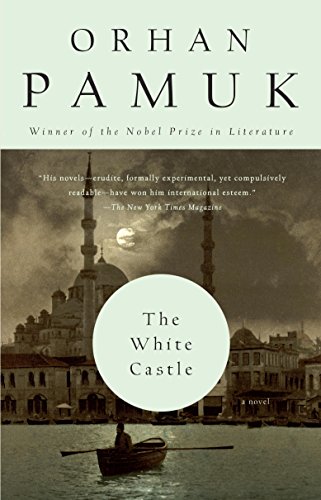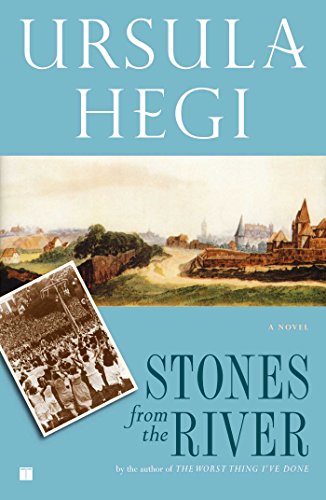The novel that won Alexander Solzhenitsyn the 1970 Nobel Prize in Literature "for the ethical force with which he has pursued the indispensable traditions of Russian literature."
"First published in the Soviet journal Novy Mir in 1962, One Day in the Life of Ivan Denisovich stands as a classic of contemporary literature. The story of labor-camp inmate Ivan Denisovich Shukhov, it graphically describes his struggle to maintain his dignity in the face of communist oppression. An unforgettable portrait of the entire world of Stalin's forced work camps, One Day in the Life of Ivan Denisovich is one of the most extraordinary literary documents to have emerged from the Soviet Union and confirms Solzhenitsyn's stature as 'a literary genius whose talent matches that of Dosotevsky, Turgenev, Tolstoy'.”
Note: This translation by Harry T. Willetts is the one we recommend. This is the original, unexpurgated novel brilliantly translated by someone who worked closely with Solzhenitsyn to fully capture the power and beauty of the original Russian. This is the only English translation authorized by the Russian author. All other translations are censored versions."




















